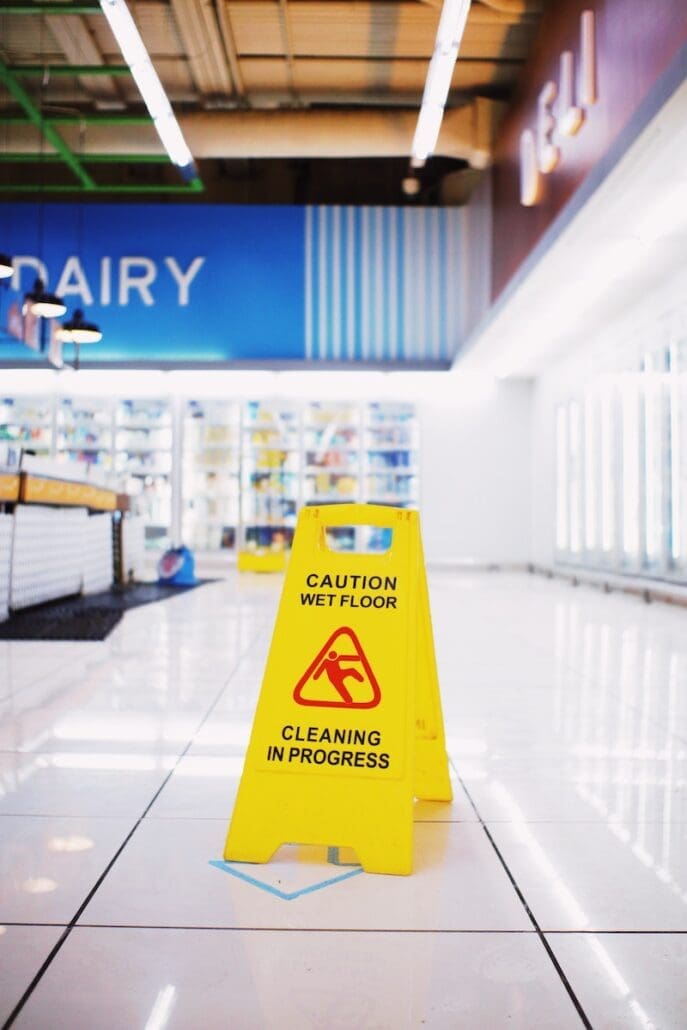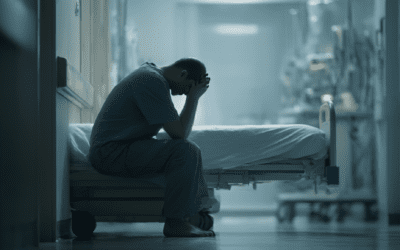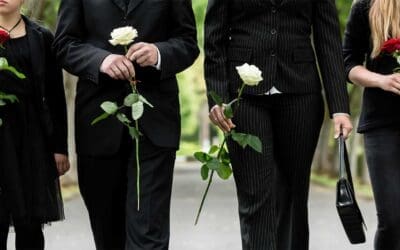Premises Liability Cases: Overcoming Challenges to Prove Fault and Secure Compensation in Riverview, Florida
Premises liability cases can be intricate and challenging legal matters, particularly in Riverview, Florida, where specific laws and regulations govern property owners responsibilities and liability claims when an individual suffers an injury on another person’s property—whether a business, residential property, or public space—the pathway to obtaining rightful compensation is often complex.
Understanding the key challenges in premises liability cases, such as establishing fault and securing just compensation, is crucial for any injured party pursuing their claim. With strategic evidence gathering and skilled legal advocacy, victims can overcome these hurdles and obtain the financial support they deserve.
The Complexity of Proving Fault in Premises Liability Cases
One of the main obstacles in premises liability cases is proving that the property owner or manager is legally responsible for the injury. Florida premises liability law requires demonstrating that the property owner knew or should have known about a hazardous condition but failed to act reasonably to prevent harm.
Unlike car accident cases, where fault can often be clearer, premises liability cases hinge heavily on the duty of care owed by property owners toward lawful visitors. This duty varies based on whether the injured party was an invitee (e.g., a customer or guest), licensee, or trespasser, adding layers of legal nuance.
To establish liability successfully, the plaintiff must prove these key elements:
-
The property owner owed a duty of care to the injured party.
-
The owner breached that duty by failing to address a dangerous condition.
-
The dangerous condition directly caused the injury.
-
The plaintiff suffered actual damages as a result.
Essential Evidence for Building a Strong Premises Liability Case
Effective evidence collection is paramount in proving fault. When accidents occur on private or commercial properties, it’s vital to collect the following:
-
Eyewitness Testimony: Statements from people who saw the accident or hazardous condition can provide vital firsthand accounts that corroborate the plaintiff’s claims.
-
Accident Reports: Police or incident reports may outline the circumstances and any citations issued to the property owner for unsafe conditions.
-
Photographs and Videos: Visual documentation of the scene shortly after the accident can help demonstrate hazardous conditions such as wet floors, broken stairs, poor lighting, or defective equipment.
-
Maintenance and Inspection Records: Evidence that the property owner neglected routine upkeep or ignored warnings about hazards strengthens the claim of negligence.
-
Expert Opinions: Safety experts, engineers, or medical professionals can offer objective opinions explaining the cause of the accident and the extent of the injuries.
Collecting and preserving this evidence early can be critical, as conditions at the scene may change or be altered by the property owner.
Challenges in Obtaining Fair Compensation
Successfully proving fault is just the first step; obtaining fair compensation presents its own challenges. Insurance companies representing property owners often aim to minimize payouts. Victims who accept initial lowball settlement offers risk facing out-of-pocket expenses lasting far beyond the immediate aftermath.
Compensation in premises liability cases may cover multiple types of damages:
-
Medical expenses, including ongoing treatment and rehabilitation.
-
Lost wages and diminished earning capacity.
-
Pain and suffering from physical and emotional impacts.
-
Property damage, if applicable.
-
Legal fees and associated costs.
Insurance adjusters frequently use tactics to devalue claims, such as disputing the extent of injuries or claiming the plaintiff contributed to the accident. Without experienced legal counsel, victims may struggle to navigate this complex negotiation process.
The Importance of Experienced Legal Representation
An experienced premises liability attorney familiar with Florida’s laws is essential to overcoming the challenges of these cases. Skilled attorneys assist with:
Gathering comprehensive evidence and building a compelling case.
Engaging experts to provide credible opinions and reports.
Negotiating assertively with insurance companies to achieve fair settlements.
Preparing for trial if necessary to ensure the client’s rights are fully protected.
Legal professionals understand the nuances of property owner liability, comparative fault laws, and procedural deadlines—expertise that maximizes the chance of a successful outcome.
Riverview victims should seek attorneys who prioritize personalized attention and have a record of favorable settlements and verdicts in premises liability claims.
Common Types of Premises Liability Incidents
Premises liability cases cover a wide range of hazards and injuries. Common scenarios include:
-
Slip and fall accidents due to wet floors, icy sidewalks, or uneven surfaces.
-
Trips caused by poor lighting, loose carpeting, or cluttered walkways.
-
Injuries from falling objects or improperly secured merchandise.
-
Dog bites or animal attacks on private properties or businesses.
-
Swimming pool accidents arising from inadequate barriers or unsafe conditions.
-
Defective staircases, handrails, or elevator malfunctions.
Each case requires a detailed investigation into the property condition and the owner’s responsibility.
Legal Considerations Unique to Florida Premises Liability Law
Florida follows comparative negligence rules, which means that if the injured party is partially at fault, their compensation is reduced proportionally. For example, if the plaintiff is found 20% responsible for the accident, their damages award decreases by 20%. This rule emphasizes the need for thorough case preparation.
Additionally, Florida law imposes strict statutes of limitations on filing premises liability claims—usually four years from the date of injury for most personal injury cases, and just two years for claims involving public entities. Missing these deadlines can bar recovery entirely.
Understanding these legal parameters helps victims act decisively and responsibly.
Steps to Take After an Injury on Someone Else’s Property
If injured on another’s property, taking immediate steps enhances your chance of a successful claim:
-
Seek Medical Attention: Your health and documentation of injuries come first.
-
Report the Incident: Notify the property owner or management and request an incident report.
-
Gather Evidence: Take photos, collect witness information, and keep records of medical treatment and expenses.
-
Consult an Attorney: Promptly seek legal advice to understand your rights and begin a case strategy.
-
Avoid Giving Statements to Insurance Companies: Only communicate through your legal counsel.
Conclusion: Navigating Premises Liability Cases in Riverview Successfully
Handling premises liability cases in Riverview, Florida, requires a comprehensive strategy to overcome the difficulties of proving fault and obtaining adequate compensation. Victims can navigate these complexities confidently with meticulous evidence collection, expert guidance, and skilled legal representation.
If you or a loved one has sustained injuries due to unsafe property conditions, it is crucial to seek experienced legal support promptly. Protect your rights and secure the compensation you deserve to cover medical bills, lost income, and more.
For trusted premises liability legal assistance in Riverview, contact Calandro Law to schedule a consultation with experienced attorneys dedicated to your case’s success.




